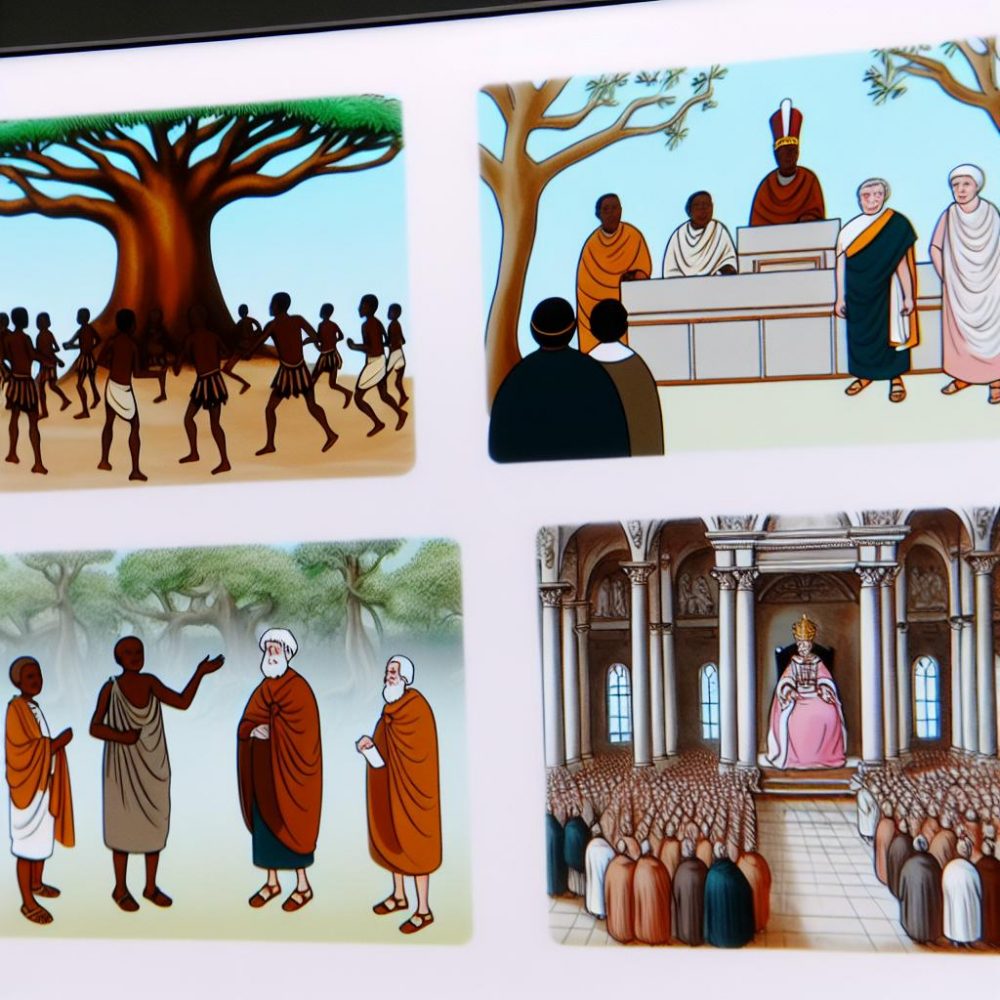
Understanding Traditional Governance Systems
In examining the frameworks that have shaped human societies throughout history, traditional governance systems emerge as fascinating constructs. Prior to the global spread of modern state governance structures, indigenous and local communities developed their own systems to manage socio-economic affairs, resolve conflicts, and maintain order. These systems are intricately woven into the fabric of a community’s cultural, historical, and social practices, reflecting the unique identity of each group.
Characteristics of Traditional Governance
Traditional governance systems operate on distinct principles and practices, often passed down through generations. This historical continuity forms a fundamental link to the identity and heritage of the community. A key characteristic is the reliance on customary laws. These are rules that emerge from local traditions and beliefs, playing a critical role in guiding behavior and social norms within the community. Unlike the formal laws found in modern legal systems, customary laws are not systematically codified. Despite not being written down, they hold substantial authority and are binding within their respective communities.
Role of Leadership
Leadership within traditional governance structures typically emerges through mechanisms deeply rooted in the principles of consensus and respect. The criteria for leadership can vary but often include factors such as age, wisdom, and lineage. Leaders, who often assume roles such as chiefs or elders, act as custodians of cultural norms and bear the responsibility for mediating conflicts and making crucial community decisions. Their roles also extend to overseeing rituals and ceremonies, ensuring these activities align with the community’s values and traditions.
Community Participation
A notable feature of traditional governance is its participatory nature. Decision-making processes are highly inclusive, often involving broad consultations with community members. This occurs through councils of elders or village assemblies, which may consist of all adult members of the community or representatives chosen according to local traditions. Such participatory processes are crucial, as they ensure decisions reflect the collective will, aspirations, and values of the community. This inclusivity strengthens the social fabric and empowers individuals by giving them a voice in the way their community is governed.
Resilience and Adaptation
Although traditional governance systems are deeply rooted in tradition, they are by no means static. Many have demonstrated remarkable resilience and adaptability, especially in the face of external pressures such as colonialism, globalization, and the imposition of modern state governance frameworks. The ability of these systems to integrate new practices with traditional ones is a testament to their dynamism. This blend allows communities to uphold their identities while embracing necessary modernization and change. It exemplifies how traditional governance can evolve without losing core cultural values.
Challenges and Opportunities
Despite their strengths, traditional governance systems face significant challenges in today’s world. Globalization and modernization, coupled with legal systems that prioritize Euro-centric models of governance, pose threats to the sustainability of traditional practices. These external pressures can lead to the erosion of traditional authority and practices if not managed carefully. Nevertheless, there is growing recognition of the potential of traditional governance systems to contribute to sustainable development and cultural preservation. Efforts to integrate these systems with modern state governance frameworks are taking place worldwide. This integration seeks to leverage the strengths of both traditional customs and modern efficiencies, fostering environments where cultural heritage and modernity coexist.
For a deeper exploration of traditional governance systems, academic journals and research institutions offer invaluable resources. These platforms provide comprehensive studies and analyses, unveiling the diverse forms of governance across different cultures and their evolving roles in contemporary socio-political landscapes. Engaging with such material not only enriches understanding but also contributes to the discourse on preserving cultural heritage in a rapidly changing world.
In conclusion, traditional governance systems offer insights into the diverse ways human communities have historically organized themselves. While they face undeniable challenges in the modern world, their adaptability and resilience underscore their enduring relevance. As these systems continue to evolve, they hold the potential to offer sustainable solutions and cultural richness to global governance practices. By appreciating and studying these systems, we can better understand our shared human heritage and the varied paths communities may pursue to secure their futures.